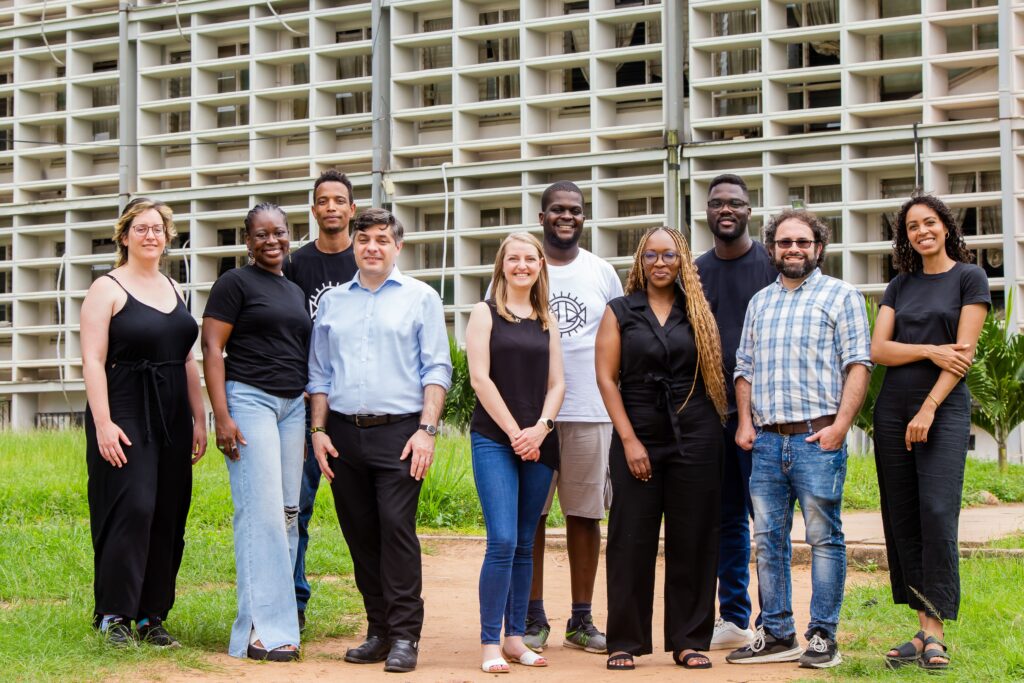Food Security Challenges in Africa
All over Africa’s sub-Saharan region, hunger and food insecurity continue to remain a challenge. Take the case of Nigeria, which has over 17 million people living with food insecurity while $8 billion worth of food is wasted every year without proper storage. The region as a whole loses over 30% of its crop production post-harvest, valued at more than $4 billion every year. Food loss increases shortages and reduces farmers’ income.
Hidden Cost of Post-Harvest Loss: Tomatoes, “Tomaytoes” and More
A recent study (2024) conducted in Techiman, Ghana, recorded that poor storage, insufficient packaging, and pests result in post-harvest losses for smallholder farmers. Tomatoes and peppers are perishable food, 14–16% of which is lost at the market level, leading to a loss of revenue for farmers and the local economy. Most of these losses happen on the farm due to low storage levels.
One TechStartup’s Innovative Solutions: Zebra CropBank’s Approach
Zebra CropBank is addressing the post-harvest challenge using innovation. It constructs solar-powered mini-storage at the farm gate where a single bag of crops may be stored safely. A CropBank is advantageous to farmers, thanks to the curtailed farmgate wastage as well as improved income and profit. CropBank enables farmers to deposit harvests, convert them into tradable assets, and even use & store crops as collateral for credit! CropBank also links farmers directly to buyers by aggregating supply. This means farmers are now price makers, not price takers. Farmers also benefit a lot from Zebra CropBank’s innovative crop insurance program.
A Viable Path Forward
Zebra CropBank shows how a clever intervention can make Africa’s food systems more resilient. Successful investments in high-impact, low-cost solutions of this kind can indeed get broader investor follow-on interest. For example, Acumen’s investment in CropBank indicates investor confidence in the model. Efforts like these boost availability and incomes, benefiting food and livelihood systems. This scalable solution can be extended across Nigeria and other African countries to multiply the impact. Aaaand. While Zebra CropBank is currently focused more on physical infrastructure and financial services, it is just a matter of time before this forward-thinking startup integrates AI into its operations, given its commitment to scaling and optimizing its services and products to reach more farmers.
Some Food For Thought
- As experts suggest, focus on developing storage facilities in low-income areas via public-private partnerships for crop storage and cold chain facilities. We must also create policies for innovation that will ensure post-harvest services for farmers.
- Realize the agritech solutions’ market and social returns. Investing in things like Zebra CropBank makes money and helps with Africa’s food problems, which is excellent, and we can measure this impact.
- Small-scale farmers should be incentivized to use the newer storage and marketing platforms. By utilizing services like CropBank, farmers can minimize spoilage, negotiate better prices, and access credit safely. To get maximum benefits, farmers must also be trained in post-harvest handling.
Grow More Zebras!
Africa holds 65% of the world’s remaining arable land, and its agricultural progress is essential for global food security. But we must reduce the losses that rob food off our plates to harness this potential. Zebra CropBank is an excellent example of reversing the trend. It’s an analytical, ground-up innovation that stops waste, boosts incomes, and secures food supplies. Zebra CropBank is one initiative that can help increase food security in Africa and, if supported by investors and policymakers, can help farmers build a food-secure future.


